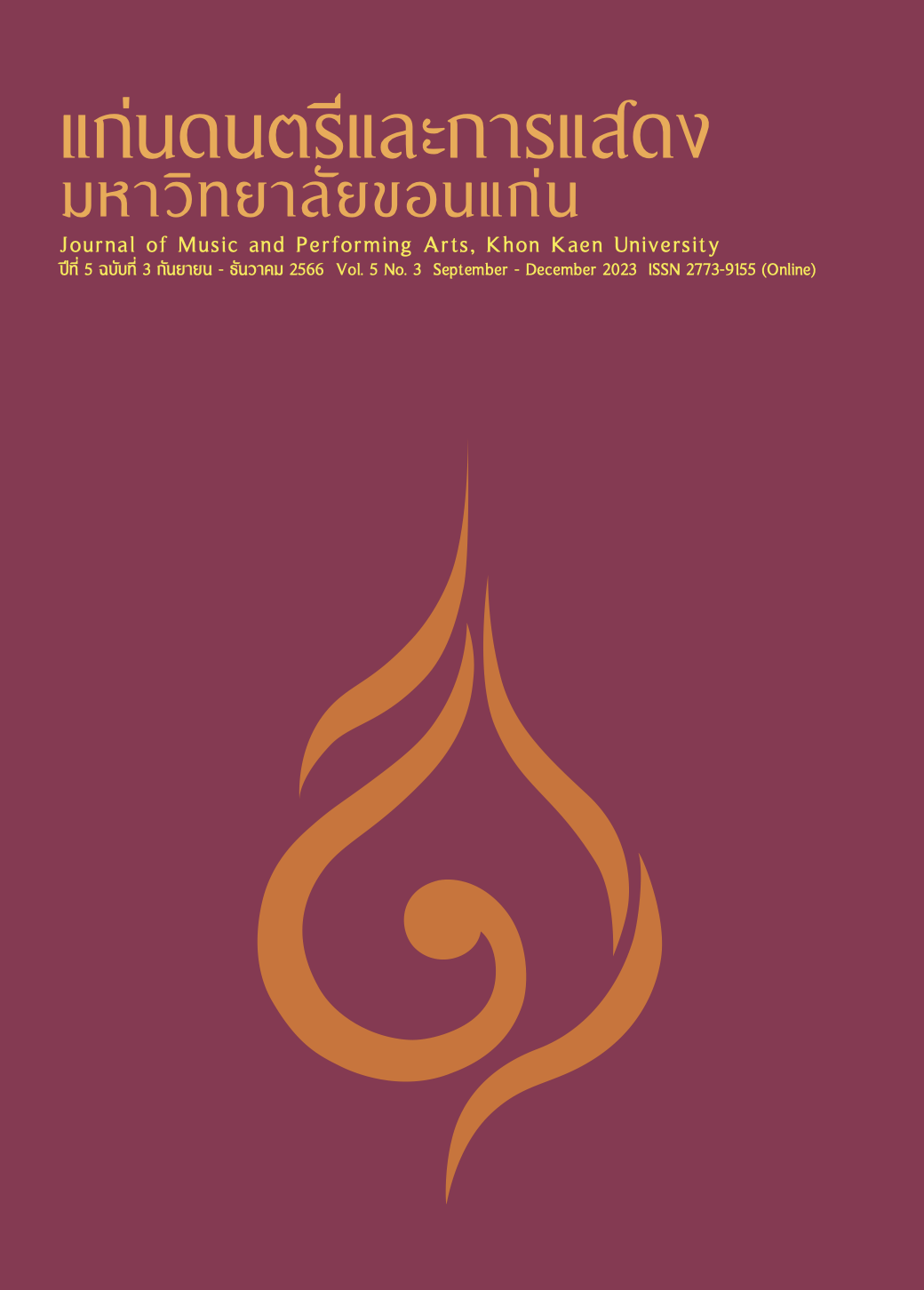Integrity on Diversity: the Malaysia’s Culturally Pluralistic Music
Keywords:
Cultural identity, Pluralistic music, MalaysiaAbstract
Malaysia's independence in 1957 resulted in the formation of a nation that confronted multiethnic issues. The requirements of nation-building and development necessitated taking advantage of the diverse thought processes and cultural contexts of the various ethnic groups. The purpose of this paper is to demonstrate that Malaysia's musical cultural heritage is as diverse as its society. In this post-colonial era, Malaysians are constituted of a majority and a minority; Melayu people and native people, including Orang Asli and tribal people, designated as Bumiputera, while Malaysian Chinese and Malaysian Indian are implicitly recognised as splinter groups. The recent government policy of promoting ethnic harmony, referred to as Satu Malaysia (1 Malaysia), has created a unity of multi-culture in Malaysia that is inclusive of music. The paper's findings indicate that music's role in fostering unity increased acceptance and perception of diversity in three steps: preservation of cultural ethnic heritages, cross-territorial connections, and acceptance of distinctions in order to create a holistic identity. As a result of the harmony process, Malaysia is increasingly promoting a society based on the integrity of its diversity.
Downloads
Published
Versions
- 2024-01-04 (2)
- 2023-12-31 (1)






